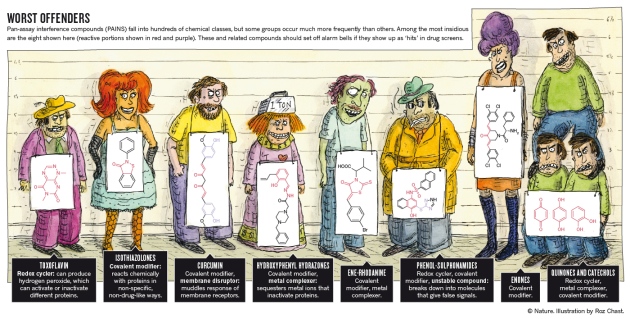Here's What You Need to Know About This So Called 'Miracle Cure'
By:
Long touted in traditional Indian medicine for its properties as an "ancient remedy," turmeric is a spice that's been more recently pitched as a cure-all to treat everything from diabetes and cancer to hangovers and baldness.
It's also seen as a miraculous skin care product that can be applied to the face for a host of benefits, and as a wonder drug that can replace anti-depressants, steroids, cholesterol medication, and even chemotherapy.
While many "cure-all" products are later found to have no efficacy at all, the case of turmeric is a bit more complex.
As a skin treatment, turmeric has been found to have useful properties.
As Binh Ngo, MD, Assistant Professor of Dermatology at the University of Southern California tells ATTN:, "there have been a number of studies showing the therapeutic effects of turmeric on skin health as an anti-inflammatory, antioxidant, and antineoplastic in a variety of skin conditions."
However, a new review of previous studies published in the "Journal of Medicinal Chemistry" is not complimentary of the curative properties of its reactive chemical compound, curcumin.
"No double-blinded, placebo controlled clinical trial of curcumin has been successful," write the study authors, who also call the compound "unstable" and a "highly improbable lead" for scientists to pursue. They also compare it to a missile that has "shown excellent promise" to hone in on disease-causing factors, but is beset by failure to make it off the launch pad without exploding. There have been dozens of studies in turmeric, yet not a single approved drug based on it.
So what do its supporters claim it can do for your health? Basically, everything.
One site boasts "10 Turmeric Benefits: Superior to Medications?" while another gives out "25 reasons turmeric can heal you", an improbable list of benefits that include preventing melanoma and prostate cancer, treating depression, and detoxifying the liver.
Beyond that, beauty bloggers swear by its use to clean and disinfect skin naturally, treat skin conditions, brighten teeth, and even cure dandruff.
And turmeric advocates claim that it's been proven to kill cancer cells in clinical research, and that "5,600 peer-reviewed studies" have found "175 distinct beneficial physiological effects and 600 potential preventive and therapeutic applications" for curcumin.
As with all cure-all products, anything that claims to cure everything likely doesn't cure much.
In the case of curcumin, both the scientific literature and the molecule's established properties show that it isn't the silver bullet its proponents claim it to be.
The "Journal of Medicinal Chemistry" study attempts to determine why something could work in a petri dish study and not in people. It has to do with "false positives," meaning curcumin has properties in common with other molecules that make it difficult to study.
Curcumin molecules are often mistaken for compounds that have been scientifically proven to be useful in the treatment of various diseases. With their customary dry sense of humor, scientists have called these deceptive particles "PAINS," or pan-assay interference compounds, and "IMPS," or invalid metabolic panacea.
 Nature - nature.com
Nature - nature.com
And turmeric is among the worst offenders, routinely giving off false results and throwing studies into doubt. Many of the "5,600 peer reviewed" studies that found benefits were likely rendered useless by the molecule's tendency to look like other molecules.
Beyond that, as the blog Science Based Medicine points out, cancer cells can be killed in a petri dish by everything from fire to bleach, and "preclinical studies must always be followed by clinical studies in humans before we can make any recommendations to patients."
Despite the negative studies, turmeric still has its uses, both medical and culinary.
It's likely that turmeric does have benefits for the skin and in the treatment of minor cuts, though Dr. Ngo of USC points out that "at this time, evidence for use of turmeric [as a skin treatment] is limited" and that cosmetic products can essentially do the same thing.
Turmeric is still a potent spice that can add kick to meals without extra fat or salt, and has a pleasing flavor and warmth when taken in a hot drink by someone with a cold.
But beyond that, any helpful effects of its use is likely a placebo. So add it to your food if you want and on your skin if you're really devoted to "natural" skin treatments. However, if you're using it as a treatment for a disease, please go see an actual doctor.
